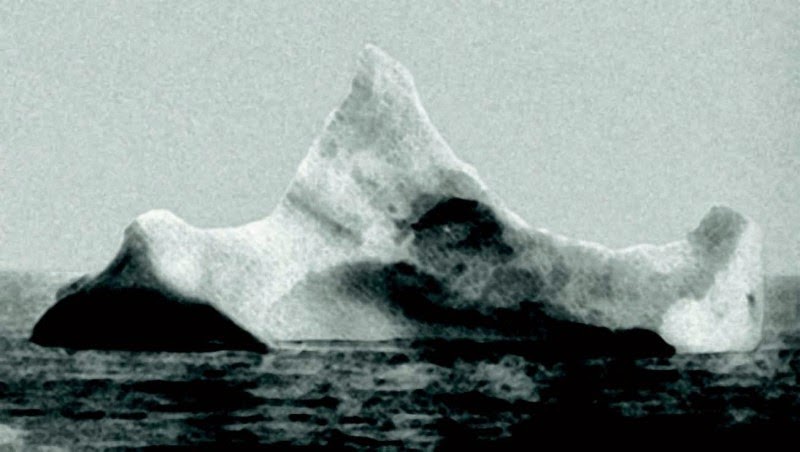The Killing Advantage of Stone-tipped Spears
Credit: Jayne Wilkins, Benjamin Schoville, Kyle Brown. Spears were carefully constructed for controlled experiments to determine why our ancestors invested so much time in making stone spear points when they stab no deeper than a sharpened and hardened wooden tip. Writing believable fiction requires having your background facts straight and developing a basic understanding of how they lived and why they did they things the did to survive. If your character in a pre-history novel lives in a hunter-gatherer society, you know that these people didn't do anything unless is paid an immediate reward. For thousands of years our ancestors did quite well hunting even the largest animals with sharpened, fire-hardened spear points. Rarely did they kill an animal with one direct thrust. Usually, after wounding an animal, hunters would track it while it bled out, weakening it until it either collapsed and died or they could swoop in for the finish. H...

.jpg)

